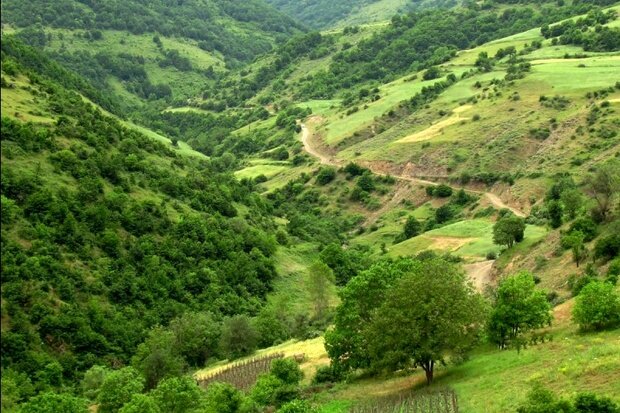Iran observes national environment week

TEHRAN – The national environment week is being observed in the country from June 9-15, a few days after World Environment Day held annually on June 5, Mehr news agency reported on Saturday.
This year, the environment week in Iran will center on the role of industries, media, laws and regulations, responsible officials and the public in reducing air pollution.
Tehran Municipality will launch a scheme aiming to familiarize the public more with environmental problems, Sadr-o-din Alipour, the director of environment and sustainable development department of the Municipality, has said.
The scheme will focus on providing training courses on environmental issues for citizens, creating environmental and educational videos, notifying the public about environmental photo contest, and setting up green booths for citizens to familiarize them with the nature are some of the objectives of the plan, Alipour explained.
World Environment Day was marked on June 5 with the theme of “Together we can Beat Air Pollution”. It is the UN's most important day for encouraging worldwide awareness and action for the protection of our environment. Since it began in 1974, it has grown to become a global platform for public outreach that is widely celebrated in over 100 countries.
According to UN, nobody is safe from pollution, which comes from five main human sources namely, households, industries, transport, agriculture and waste. These sources spew out a range of substances including carbon monoxide, nitrogen dioxide, nitrogen oxide, ground-level ozone, particulate matter, sulfur dioxide, hydrocarbons, and lead–all of which are harmful to human health.
Household air pollution, indoor burning of fossil fuels, wood and other biomass-based fuels to cook, heat and light homes, cause around 3.8 million premature deaths each year.
Power generation is a leading source of air pollution. Coal-burning power plants are a major contributor, while diesel generators are a growing concern in off-grid areas.
Moreover, air pollution emissions from transport have been linked to nearly 400,000 premature deaths.
Around 24 percent of all greenhouse gases emitted worldwide come agriculture, forestry and other land-use.
Open waste burning and organic waste in landfills is also another cause of toxic emissions, which release harmful dioxins, furans, methane, and fine particulate matter like black carbon into the atmosphere. Globally, an estimated 40 percent of waste is openly burned.
FB/MQ/MG
